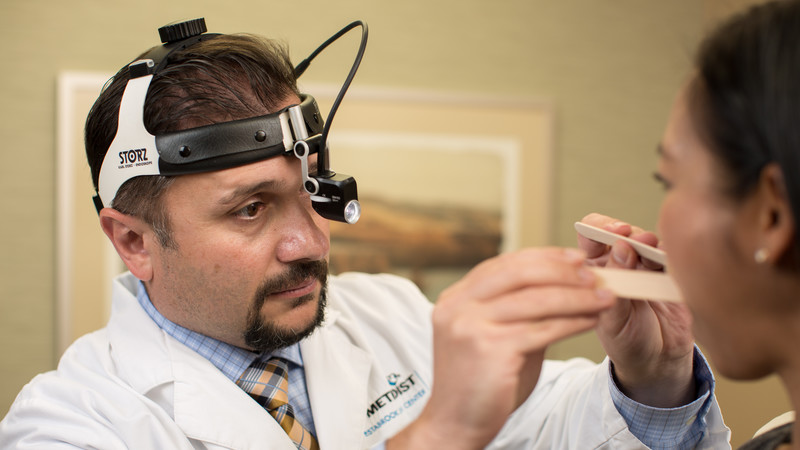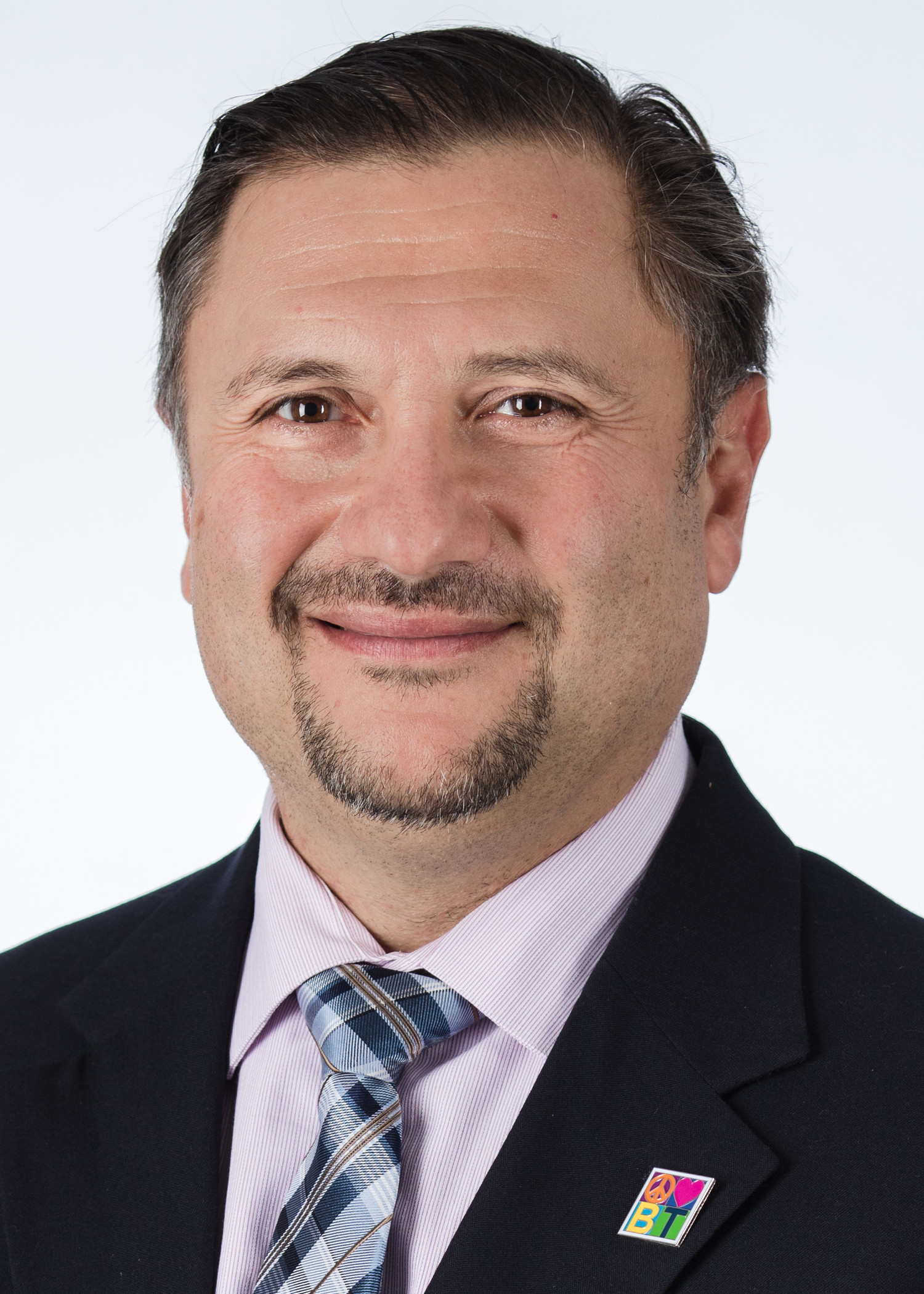Cancer Care
Head and Neck Surgery: Managing Pain by Managing Expectations
Published: Feb. 3, 2020
So you’ve been diagnosed with head or neck cancer and will likely need surgery. A quick internet search is sure to fill you with all kinds of fear and anxiety, as well as more questions than you can keep track of.
One of the most common questions I hear from new patients is: “How much pain will I be in after the procedure?”
My reply: “I may be working on your head and neck, but when it comes to pain, I’ve also got your back.”
Addressing anxiety
 Pain management is complex, especially in the field of head and neck surgery. With the head and neck being such sensitive vascular areas, it’s crucial that pain isn’t only managed but also avoided if at all possible.
Pain management is complex, especially in the field of head and neck surgery. With the head and neck being such sensitive vascular areas, it’s crucial that pain isn’t only managed but also avoided if at all possible.
Because everyone perceives pain differently, there is no one-size-fits-all approach. But we all have several pain modifiers in common, and one of the strongest is anxiety. The more anxious we are about something, the more pain we’re likely to feel. So managing anxiety and expectations are paramount to managing pain.
Anxiety management begins with a conversation. It’s about making patients feel heard and understood. It’s about preparing them for what’s to come. They need to have a good idea of what’s going to happen to them and what they can expect afterward. These conversations can be rather lengthy, but I can’t stress their influence enough.
Other anxiety-management efforts include:
- Providing patients maps detailing where to park and check in on the day of a procedure
- Gently touching their hands, arms or shoulders while assuring them they’ll be OK
- Playing pleasant music as patients fall asleep in the operating room
Any and all attempts to calm patients and address their anxiety are some of the most effective ways to manage pain.
Eliminating the need for narcotics
Methodist Health System was the first in the area to introduce head and neck surgical patients to a multimodal pain management approach: a trio of medications that, together, have a powerful analgesic effect.
The cocktail consists of:
- Acetaminophen for mild to moderate pain
- Ibuprofen for inflammation
- Gabapentin for nerve pain
While not everyone qualifies for the multimodal analgesia, the medications are given preoperatively to ensure that they’re taking effect by the time patients wake up from their procedures or shortly thereafter. Some patients may need to follow up with alternating acetaminophen and ibuprofen cycles, but that’s generally it. When patients request stronger pain pills, they’re not necessarily experiencing intolerable pain; they might simply fear it will get there.

Again, it all goes back to managing anxiety. Informing patients of the pain management plan you have for them and simply telling them, “I’m not going to let you experience that kind of pain,” are often enough to ease their anxiety and keep them away from narcotics. And by eliminating what might be a patient’s first exposure to narcotics, we’re eliminating their risks of dependency and addiction down the road.
Pain’s impact on recovery
Recovering from anything while in pain is difficult. Pain affects a person’s quality of life and can disrupt appetite, sleep and participation in rehabilitative procedures – all things necessary for healing and recovery.
It’s true: Patients experience quicker and more complete recoveries when they’re in little to no pain. And while recovery is the goal, I, could not continue doing what I do if I knew that it meant inflicting insurmountable pain on the people I so deeply care about – my patients.
When my patients are comfortable, I’m comfortable. And when I’m comfortable, I’m able to focus all of my attention on helping patients win their battles and get back to living life more fully.
More Resources
- Learn more about head and neck oncology at Methodist
- Learn more about the cancer-preventing HPV vaccine
- Read more articles related to cancer care at Methodist


